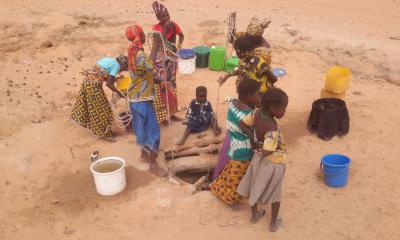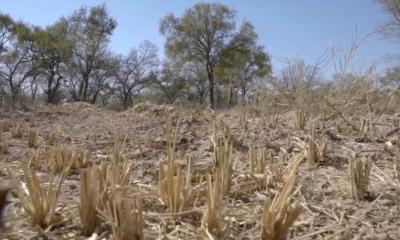
COMMUNIQUÉ DE LA GRANDE CHANCELLERIE DE LA LÉGION D’HONNEUR – 13/12/2023
La Fondation Cuomo soutient la modernisation des maisons d'éducation de la Légion d'honneur
DANS L'ACTUALITÉ
La Fondation Cuomo s'engage dans la lutte contre le cancer du sein et pelvien en Afrique
12 Avr 2024
La Fondation Cuomo s’associe à l'AME-International, au Centre Hospitalier Princesse Grace (CHPG) et au Gouvernement Princier, représenté par la Coopération monégasque, dans un partenariat inédit visant à améliorer la détection et le traitement du cancer du sein et des cancers pelviens en ...
L'eau pour la paix : la Journée mondiale de l’eau 2024
22 Mar 2024
Aujourd'hui, c'est la Journée mondiale de l'eau. Cette année, l'événement est axé sur le thème "L'eau pour la paix".
L'inclusion du scientifique soutenu par la Fondation Cuomo dans deux nouveaux programmes de soutien à la recherche
02 Fév 2024
Opportunités de compensation carbone pour l'élevage bovin dans les forêts sèches d'Amérique du Sud…
NOUS CONNAÎTRE…
La Fondation Cuomo est un organisme philanthropique indépendant basé à Monaco et tourné vers le monde.
Elle vise l’émancipation des jeunes en soutenant les actions et les partenariats qui leur sont dédiées. Ceux-ci se situent dans les domaines de l’éducation, du développement socio-économique, de la recherche environnementale, de la santé pédiatrique et de la culture.
Ses projets sont actifs en Asie, en Afrique, en Europe et en Amérique du Sud avec des milliers de bénéficiaires.


 English
English


